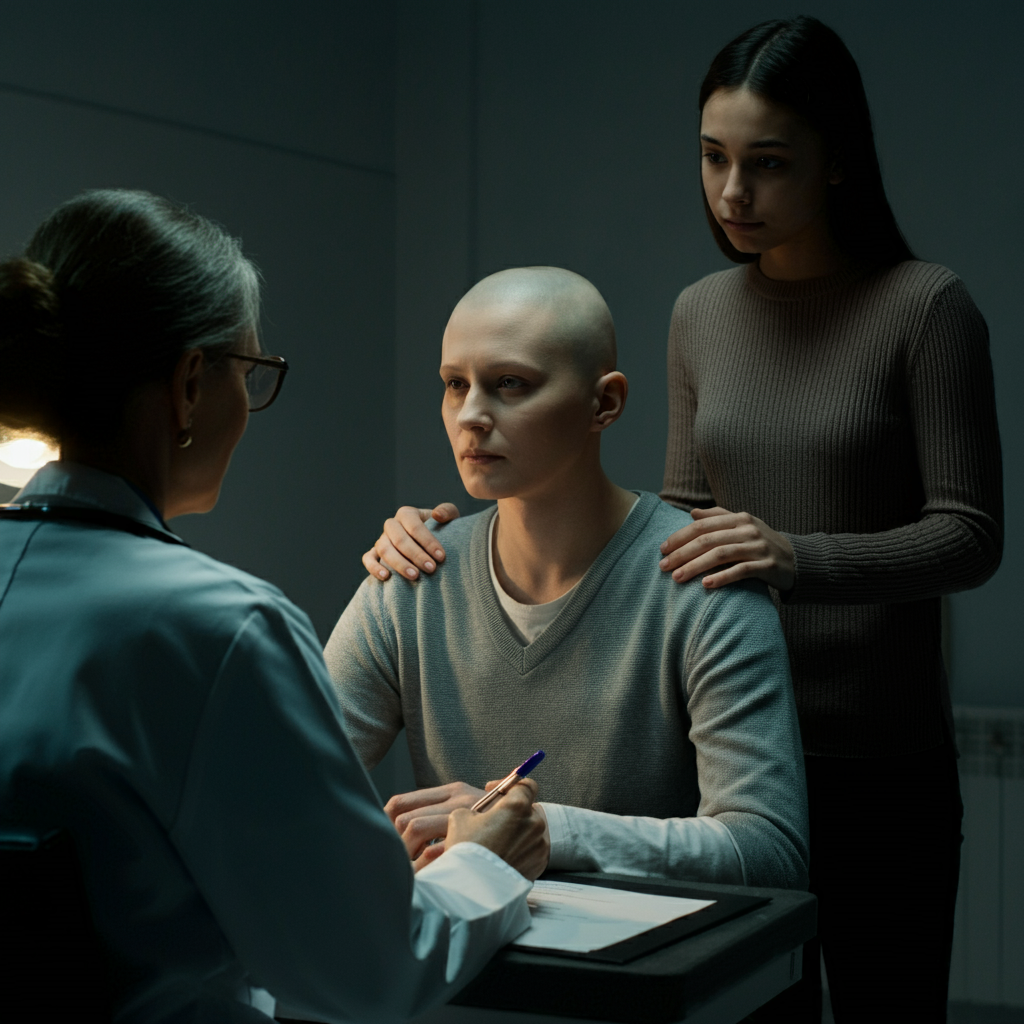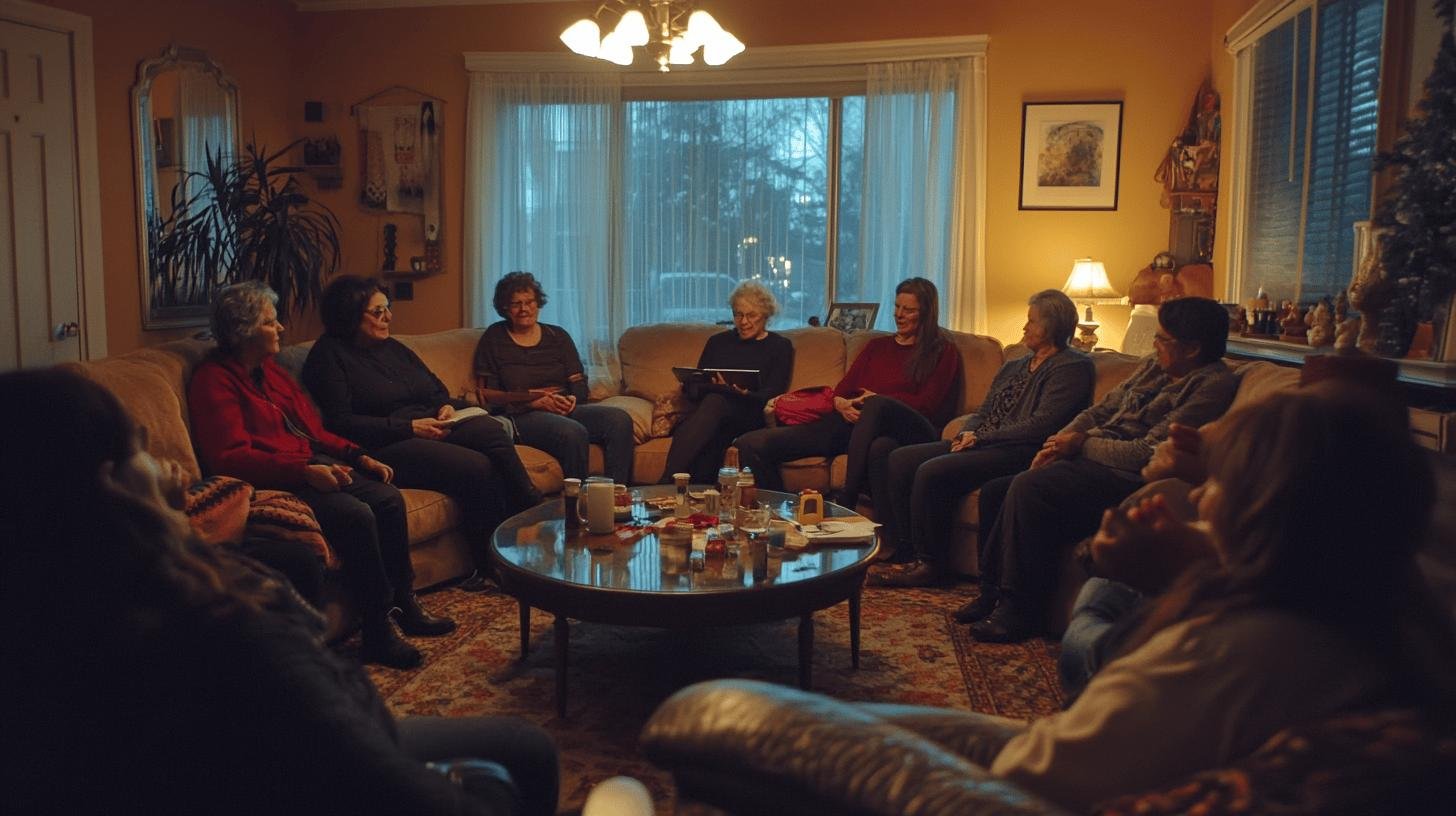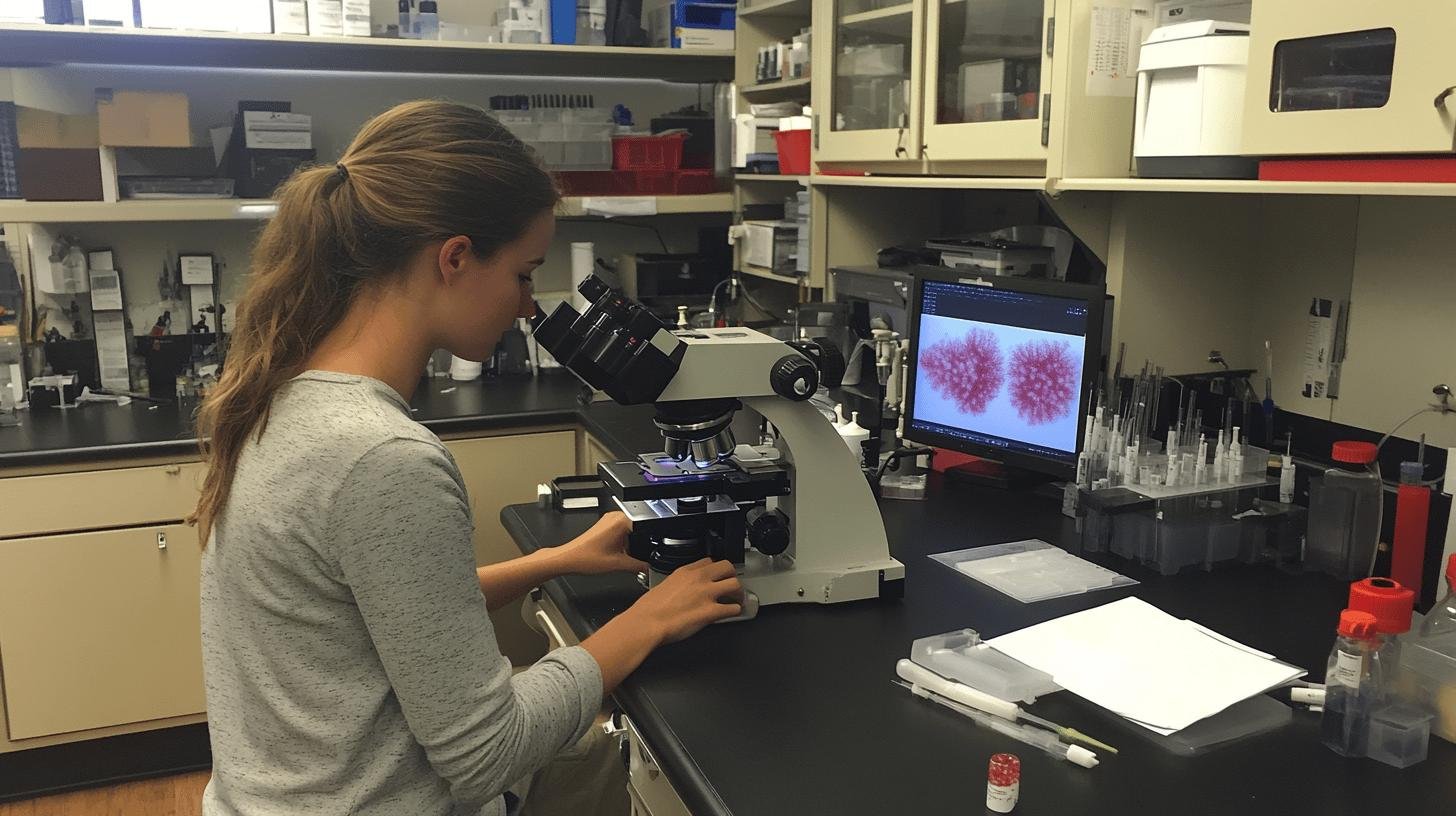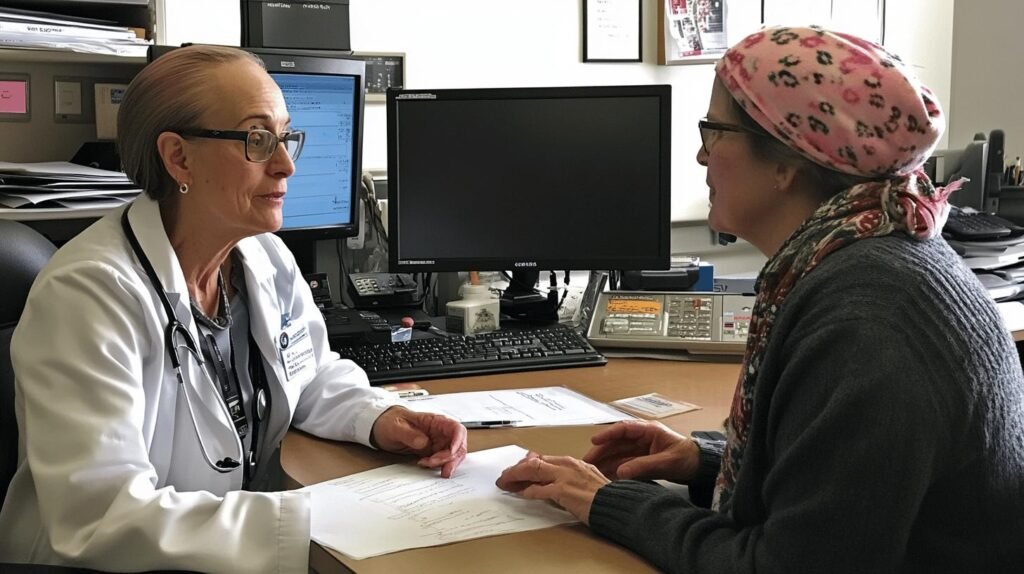ance
TL;DR:
- Cancer Care Components: Diagnosis, treatment (surgery, chemotherapy, radiation), supportive care, follow-up care, and patient education.
- Cancer Care Team Roles:
- Oncologists: Develop treatment plans.
- Nurses: Provide treatment and education.
- Care Coordinators: Manage logistics.
- Social Workers: Offer counselling and resources.
- Main Treatment Options: Chemotherapy, radiation therapy, and targeted drug therapies.
- Support Services: Emotional support, education, practical assistance, patient navigation.
- Financial Assistance: Includes aid for treatment costs, transportation, and housing.
- Innovations: Advanced therapies like proton therapy and immunotherapy, and personalized medicine based on genetics.
What Is Cancer Care? Did you know that cancer care isn’t just about treating the disease but nurturing the whole person? At its core, cancer care is like a well-choreographed dance, involving diagnosis, treatment, and ongoing support. Every step counts! Whether it’s a nerve-wracking diagnosis process or crafting a unique care plan, each aspect is tailored just for you. Understanding the components of cancer care and personalizing your journey emphasizes its true importance. Ready to unravel the details and empower your healthcare? Stick with me as we explore this life-changing dance.
Understanding Cancer Care
Cancer care covers everything from diagnosis to treatment and patient support. It begins with diagnosis, involving exams and tests to identify the cancer type and stage. This helps craft a care plan tailored to each patient’s condition and needs. The focus is not only on fighting the disease but also on supporting patients throughout their journey.
Key components of a cancer care plan include:
-
Diagnosis: Identifying the type and stage of cancer is essential.
-
Treatment Options: Surgery, chemotherapy, or radiation are considered based on the case.
-
Supportive Care: Offers counselling, pain management, and nutritional support.
-
Follow-up Care: Involves regular check-ups to monitor health and detect recurrence.
-
Patient Education: Educates patients about their condition and treatment choices.
Personalized cancer care is like a tailor-made suit. Every patient’s situation is unique, so their care plan should be, too. This ensures the treatment fits the patient’s health, preferences, and lifestyle. It improves care effectiveness and enhances the patient’s quality of life, making the journey smoother.
Roles Within the Cancer Care Team

A cancer care team is like an all-star lineup, with each member bringing valuable skills. Oncologists are central, specializing in cancer treatment and leading treatment plans. Nurses provide treatment, education, and emotional support, forming the healthcare backbone. Care coordinators ensure operations run smoothly, managing appointments and paperwork. Social workers assist with counselling and resources, supporting patients and families.
| Role | Responsibilities |
|——————–|—————————————————————————————-|
| Oncologists | Develop treatment plans, oversee care, and guide treatment strategy. |
| Nurses | Administer treatments, educate, and offer direct support. |
| Care Coordinators | Organize appointments and facilitate team communication. |
| Social Workers | Provide counselling and resource referrals for emotional and social challenges. |
Teamwork in cancer care is transformative. Collaboration ensures comprehensive care, so nothing is overlooked. Each team member focuses on their strengths, providing well-rounded support for patients’ medical, emotional, and logistical needs. It’s like a safety net, ensuring every concern is addressed.
Exploring Cancer Treatment Options
Cancer treatment is like a toolbox with different strategies. Each option is chosen based on cancer type, stage, and the patient’s overall health. Main treatments include chemotherapy, radiation therapy, and targeted drug therapies.
Chemotherapy
This classic treatment uses potent drugs to destroy cancer cells throughout the body. It’s often used for cancers that have spread. While effective, chemotherapy can affect healthy cells, causing side effects that medical teams work to manage.
Radiation Therapy
Radiation therapy uses high-energy particles like X-rays to target and destroy cancer cells. It’s more localized than chemotherapy, good for cancers in specific areas, limiting damage to healthy tissue. It can be used alone or with other treatments for better effectiveness.
Targeted Drug Therapy
These medications focus on cancer cell molecules, blocking growth. They suit cancers with genetic markers, offering fewer side effects than traditional chemotherapy due to their precise nature.
Choosing the right treatment is like solving a puzzle, with each piece fitting the patient’s situation. This approach maximizes chances of success and supports quality of life during and after treatment.
Support Systems and Patient Resources in Cancer Care

Supportive care acts as a safety net for cancer patients, addressing emotional, social, and practical challenges. More than just medication, patients need logistics and emotional assistance support, helping them feel less isolated and more empowered on their journey.
Key services from organizations like the American Cancer Society:
-
Emotional Support: Counseling and therapy to cope with stress.
-
Educational Programs: Workshops on managing cancer and treatments.
-
Practical Assistance: Help with transport, lodging, and financial aid.
-
Patient Navigation: Guidance on diagnosis, treatment plans, and resources.
-
Volunteer Support: Companionship and respite care assistance.
Support groups offer a lifeline, providing spaces to share experiences with those who understand, reducing loneliness, and offering practical advice. These groups foster community, making the cancer journey less daunting and more hopeful.
Financial Assistance and Accessibility in Cancer Care
Cancer treatment costs can be overwhelming. From medications to surgeries and follow-up care, expenses can quickly accumulate. Beyond treatment costs, handling transportation and lodging adds financial pressure, affecting mental health and treatment choices.
Programs offer financial aid to make care more affordable:
| Assistance Type | Description |
|———————–|—————————————————————————–|
| Treatment Cost Aid | Covers medication, surgery, or therapy expenses. |
| Transportation Support| Provides travel funds or services for treatment centers. |
| Housing Assistance | Offers solutions for patients staying near treatment sites. |
These programs act as a bridge, making treatment accessible. By reducing expenses, they allow patients to focus on healing, stick to care plans, and attend necessary appointments. It’s a safety net, providing fair access to cancer care without financial stress.
Innovations and Breakthroughs in Cancer Care

Recent advances have transformed cancer treatment. Radiotherapy has improved technologically, like using proton therapy for precision, targeting tumours while sparing healthy tissue, and reducing side effects. Immunotherapy engages the body’s immune system to fight cancer cells, giving patients a powerful ally.
Personalized medicine tailors treatment to individual genetics. By analyzing specific mutations, doctors choose effective, less toxic therapies. This customized approach enhances treatment success and offers prospects for future progress. These innovations inspire hope for a better, healthier future in cancer care.
Final Words
Cancer care is a multi-faceted journey. We dove into the essentials, from the tailored care plans crafted during the diagnosis process to the supportive roles of the cancer care team. Treatment options abound, with everything from chemotherapy to cutting-edge targeted therapies.
Personalized plans ensure that each patient’s unique needs are met while support systems and financial assistance ease the burden. Innovations continue to shine a light on future possibilities. Understanding what cancer care involves empowers patients to make informed decisions. Here’s to stronger, kinder, and more accessible care for everyone facing cancer.
FAQ
Q: What are the latest cancer treatment options?
A: The latest cancer treatments include immunotherapy, targeted therapies, and advances in radiotherapy. These treatments aim to improve patient outcomes by more precisely and effectively targeting cancer cells.
Q: Is cancer care legit?
A: Cancer care is a legitimate, comprehensive process involving diagnosis, treatment, and ongoing support. It utilizes a multidisciplinary team to address each patient’s unique needs, ensuring well-rounded care.
Q: What payments can you get if you have cancer?
A: Cancer patients may access financial assistance programs covering treatment costs, transportation, and housing. These programs help alleviate the financial burden, making cancer care more accessible.
Q: What does cancer care cover?
A: Cancer care involves a full range of services, including diagnostics, treatment, support, and education. It ensures patients receive proper care and management throughout their cancer journey.
Q: What is a cancer care plan?
A: A cancer care plan outlines personalized treatment and support strategies for each patient. It details how to manage the specific type and stage of cancer, ensuring a tailored approach to care.
Q: Are there free services available for cancer patients?
A: Yes, organizations offer free support services like counselling, support groups, and educational resources. These services help patients cope with emotional, social, and practical challenges during treatment.
Q: Where can I find cancer support groups?
A: Support groups are available at hospitals, clinics, and through organizations like the American Cancer Society. They offer emotional support and a platform to share experiences with others facing similar challenges.

